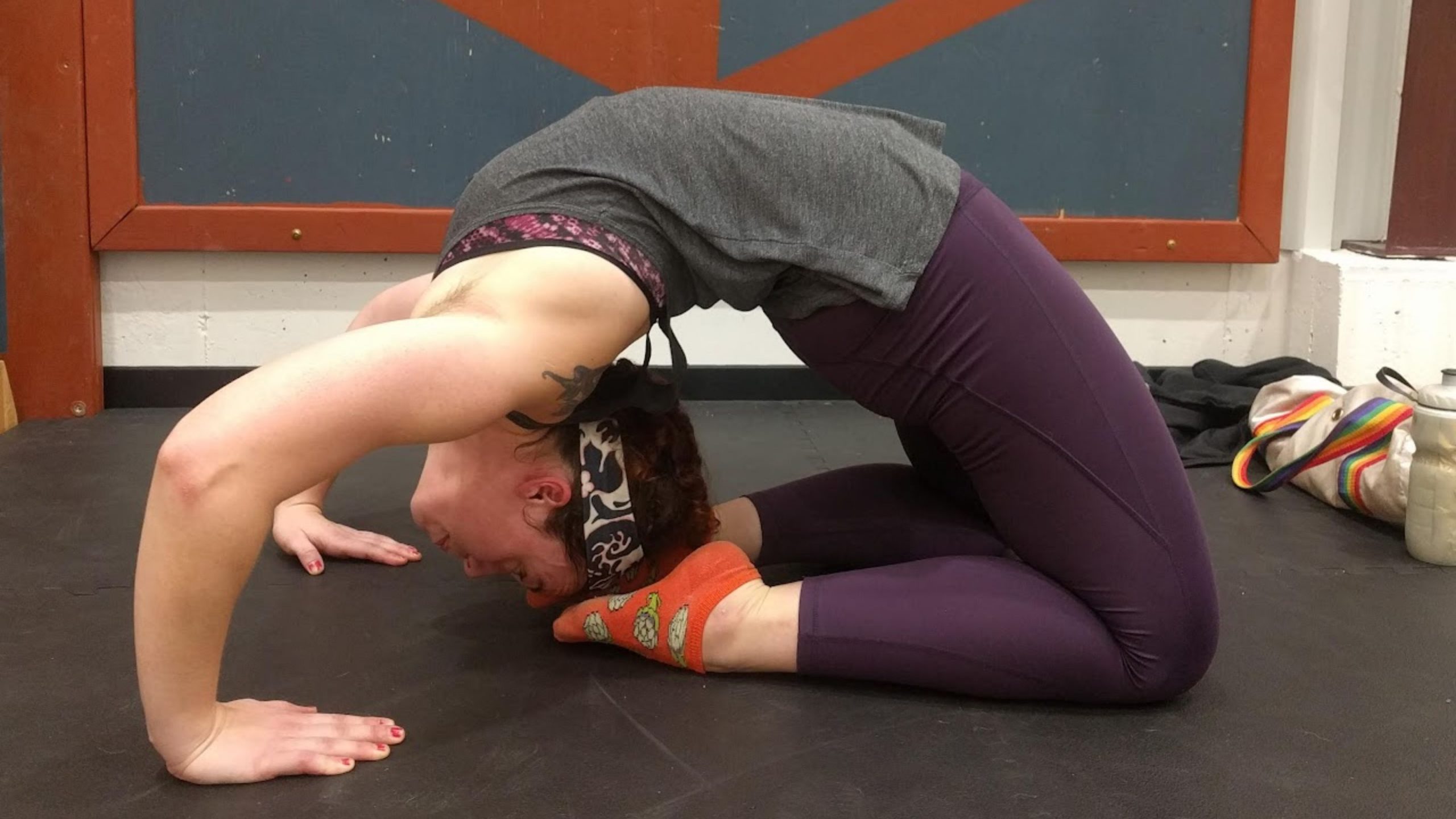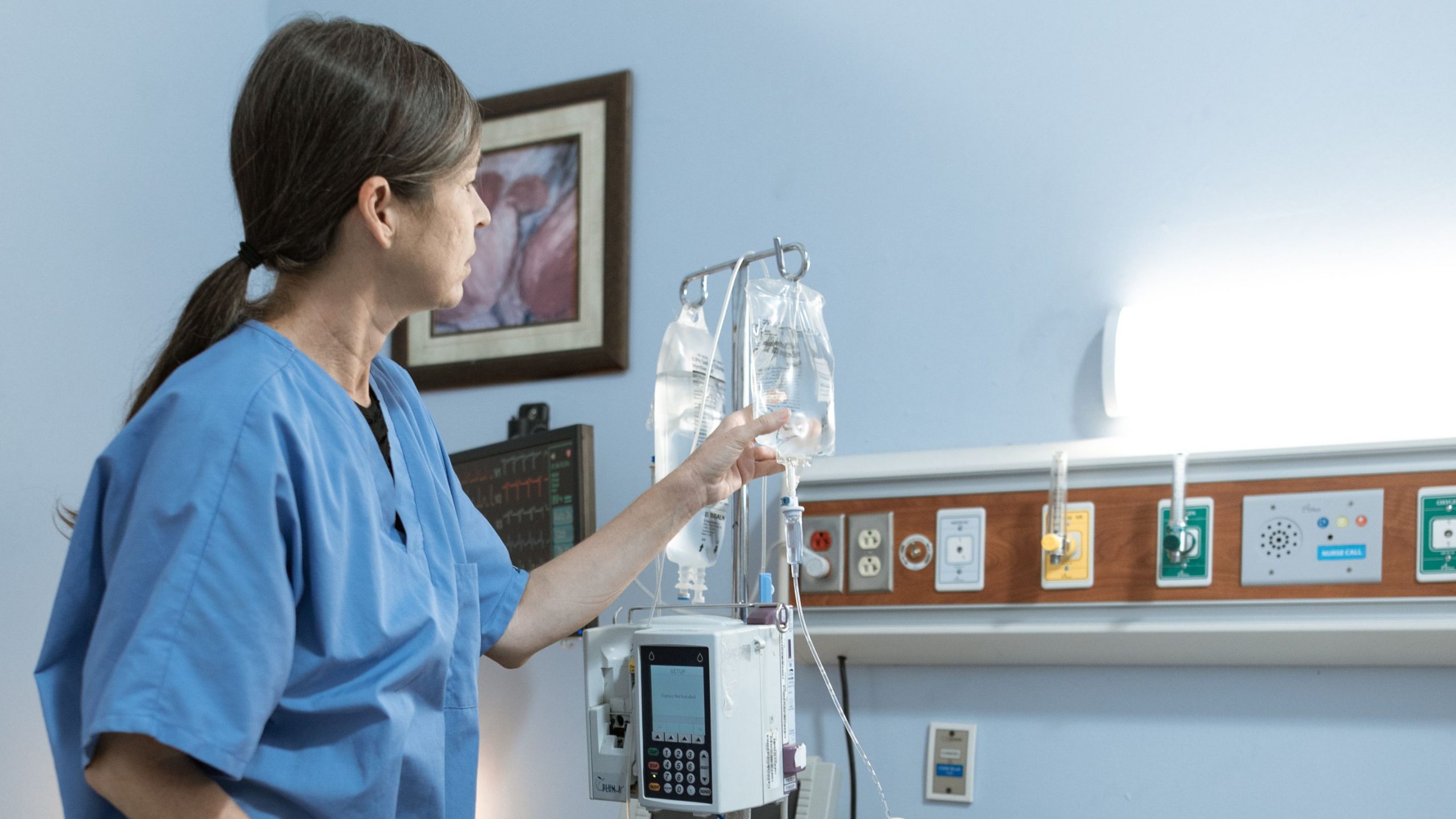
Night Shift in Nyc During Covid-19
I successfully transitioned to night shift. I haven’t had any trouble staying awake all night, but sleeping past noon is difficult. I got about four hours of sleep today; hopefully, it’ll get easier as I transition. I made sure to caffeinate before going to work today. I talked to Dad on the phone this afternoon, who told me they routinely give amphetamines to military members on missions requiring long waking periods or extraordinary concentration. I guess caffeine is my attempt at the same strategy.

The situation is still severe, despite having only about 70-100 patients in the department over the past two days. You can still barely navigate the ED hallways for all the patients in beds or chairs occupying the hallway. Workups (all diagnostic and treatment procedures) that normally take 2-3 hours in totality are taking 8+ hours due to the delay in order completion, so in truth I’ve been more useful completing orders and rounding on patients than I’ve been at ordering workups. Yesterday, I did vital signs and rounded on about half of the department at least once. I caught a few patients with oxygen tanks that had run out or who were showing signs of deterioration and needed their oxygen turned up or blood pressure management. Hopefully that work helped a few people stay off the ventilators. I haven’t experienced enough yet to know firsthand, but the internal medicine and other ED providers have told me that most people who deteriorate to the point where they need a ventilator usually die. I believe them based on what I have seen in the past three days.
I arrived a little early to my shift, just as they were starting CPR on a patient. Most codes take immense resources on the best of days, and there are usually five or six team members participating when CPR is in progress, but the patient who went into cardiac arrest was a COVID patient, so they limited the team to three (an RN, an MD, and a respiratory therapist). Resuscitation efforts are light under current circumstances — perhaps 15-20 minutes instead of the 45-60 minute average. We can’t reasonably justify taking away that many resources from so many other ill patients to run a code, especially since only about 15% of people who have CPR done get a pulse back and maintain it for 24 hours. The hospitalist told me around 4am that they had attempted resuscitation on seven patients since night shift started. They’ve reached the point where they’re so busy trying to resuscitate people that they’re almost at a standstill with their living patients. One wonders how much longer it will be until all our COVID-19 patients have blanket do-not-resuscitate orders to conserve resources needed for people more likely to live.
Tonight I’m out in the tent ED, which is a surprisingly nice environment. The tent is heated and relatively sealed from the outside. It’s much quieter here, so patients can sleep a little. My patients have to meet certain criteria to be able to come out here: they must have a positive COVID-19 test, require respiratory support up to a non-rebreather mask (no ventilators or CPAP/BiPAP), must be semi-ambulatory, and must be able to verbalize their needs. I’ve had 4-6 patients throughout the night, which is a very manageable number. I had a nurse out here for the first half of my shift and was on my own for the second half. There’s no security out here and no lock on the tent door. Throughout the night, there have been about 15 people waiting outside the emergency department to be seen. I’m genuinely surprised none tried to come in here, especially since it’s not labeled as a plague tent.

I only had one patient in the tent deteriorate tonight, and I feel like we caught his decline in a timely manner. I have so few patients compared to everyone else that I’ve been able to round on everyone at least every two hours. The closer monitoring made a huge difference; I had been trending his decline and made the decision to send him back inside for CPAP before he deteriorated so much that it was no longer an option. Monitoring is so sporadic inside that he may have ended up seriously deteriorating before it was recognized, and CPAP might not have been an option if he got bad enough. Hopefully, the early intervention will keep him off the ventilator.
They’re going to try to open a second tent in the next day or two, though it’s unclear what the staffing situation will be like for the second tent. It’s difficult to predict what the next day will bring.
JACKIE GEX
Author
Share this post
Nurses International is a non-profit entirely focused on helping nurses obtain the education and the support they need to make a difference in developing nations worldwide.
We connect colleges and institutions with experts who can take their nursing programs to the next level. We help establish new nursing programs where they’re needed most. And we eliminate the barriers that stand between students and education.
QUICK LINKS
CONTACT US
FOLLOW US
EIN: 46-4502500